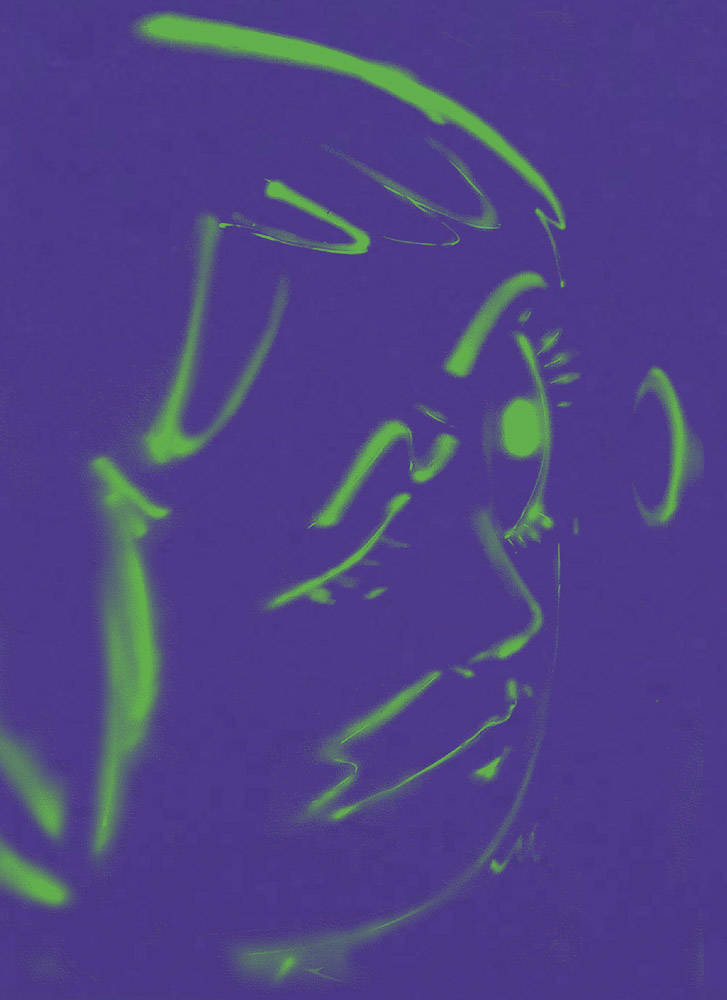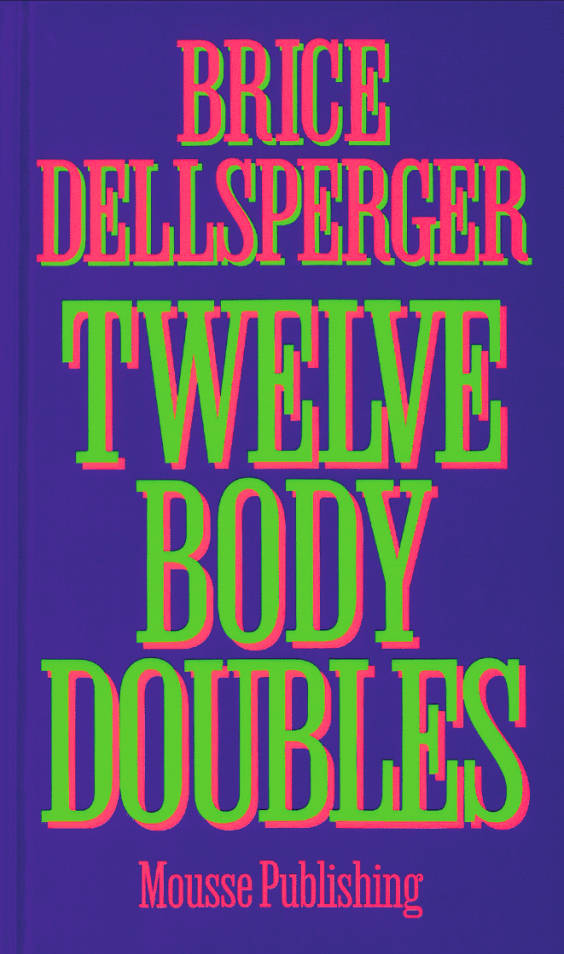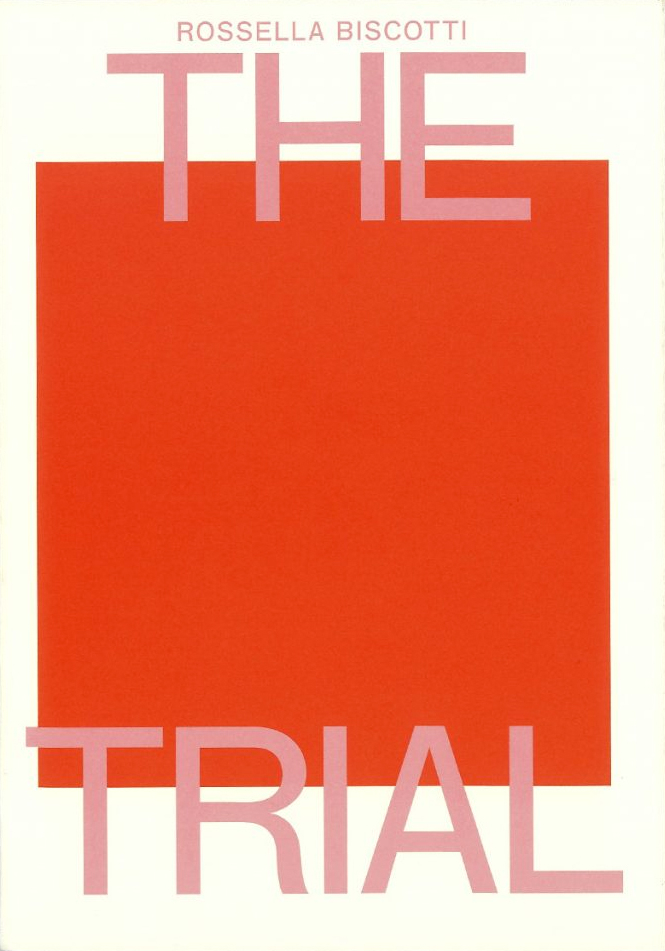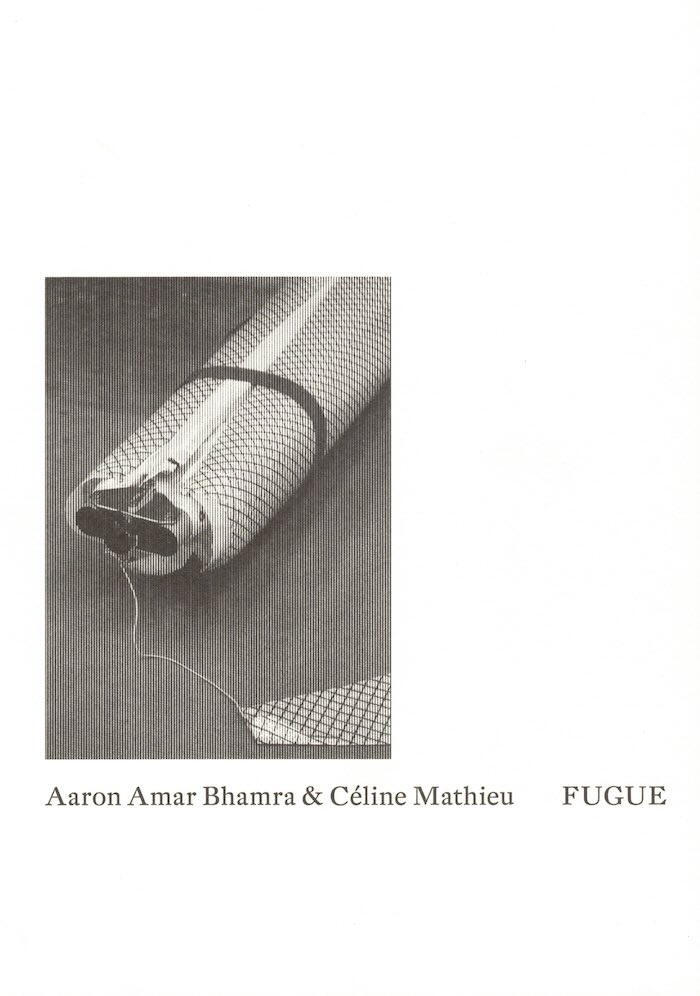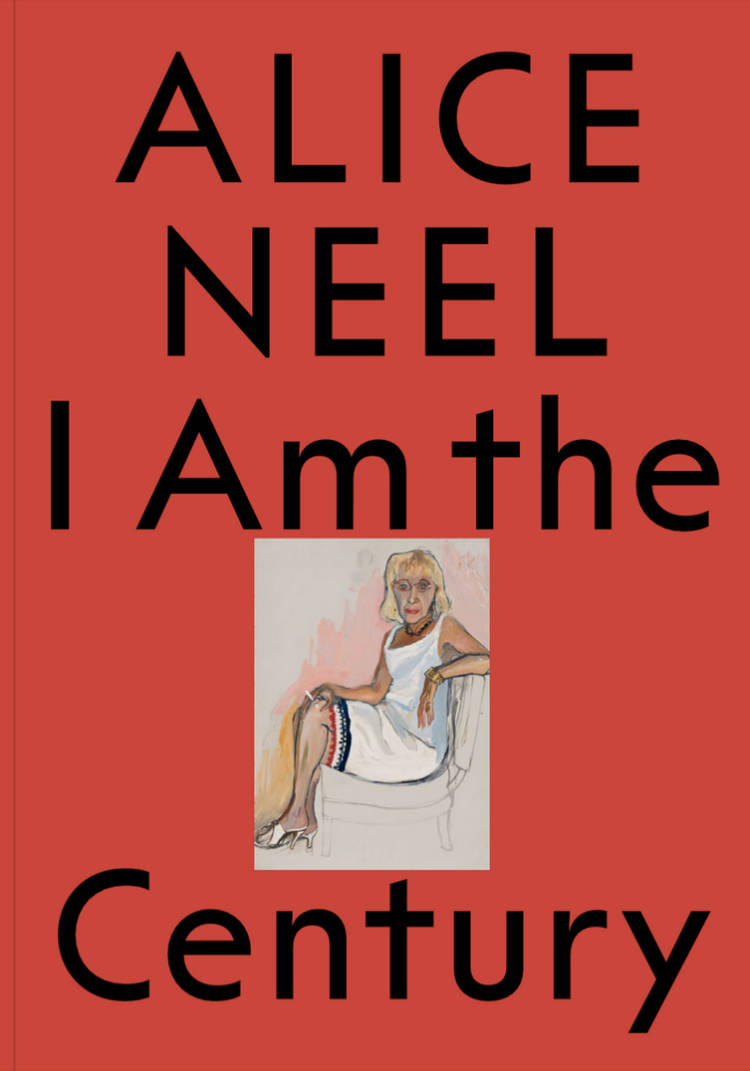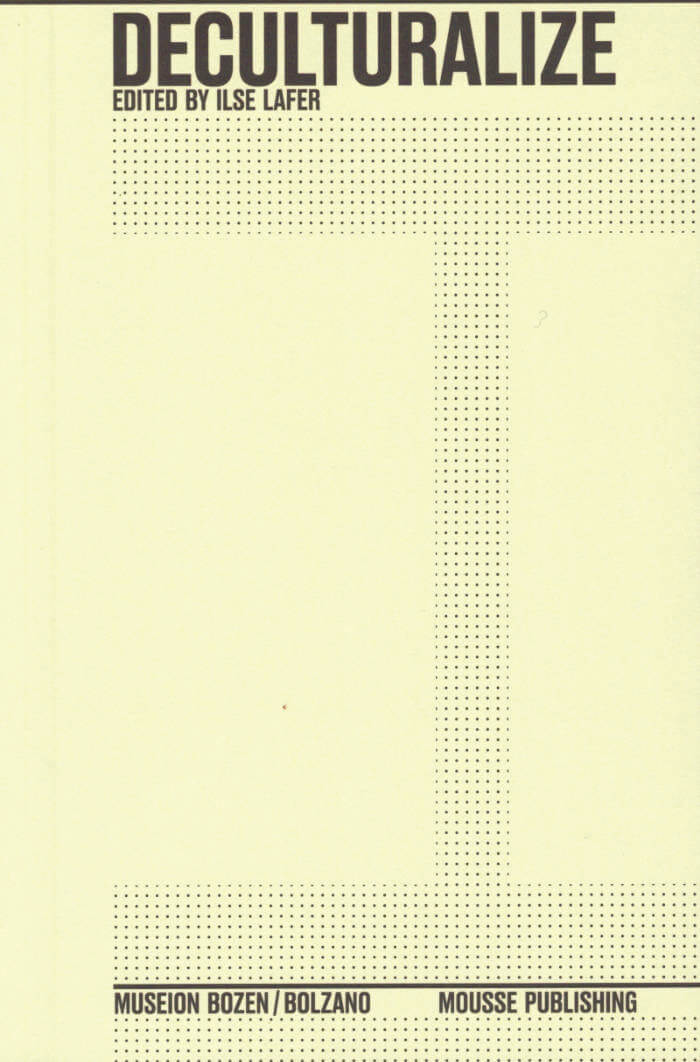
Deculturalize
Ilse Lafer ed., Carla Lonzi ed.
The radical feminist practice of the Italian art historian, art critic, poet, and feminist Carla Lonzi (1931–1982) and its potential relationship to both historical and contemporary art practices offers the contextual framework for the publication Deculturalize.
Lonzi's recurring demand for deculturizzazione, echoed in the book's title, is based on her proclamation that women's inclusion in society must be understood as a constant colonization. Their ensuing "impotence, lack of history, lack of culture" and "insignificance" can thus only be abolished through the establishment of an "unexpected" (female) subjectivation. Rather than continuing to be the object of historical-social power dynamics, women must become the subject of their own life practices through their continuous withdrawal from (patriarchal) norms.
The book's authors explore if and to what degree Lonzi's radical feminist approach is based on art terms and concepts, or historical or contemporary art practices. The motivation was the exhibition Doing Deculturalization, presented at Museion, Bolzano, in 2019, and the related desire to address the (historically ambivalent) relationship between (Italian) female art and the formation of feminist theory.
Essays by Sabeth Buchmann, Laura Iamurri, Marco Scotini and Elvira Vannini, and Giovanna Zapperi focus on this by analyzing works by women artists whose practices are related to Lonzi's deculturizzazione concept. The contributions by artists Claire Fontaine, Ariane Müller, Margherita Morgantin (in conversation with Lia Cigarini) and Suzanne Santoro (in conversation with Ilse Lafer) present specific reflections on Lonzi's feminist legacy, which is always related to the individual artist's own artistic-feminist practice. Juxtaposed with these are philosophical and analytical concepts developed by Marc Rölli and Annarosa Buttarelli, who reconstruct Lonzi's theory of deculturizzazione based on its historical reference points and update it for the present.
With texts by Sabeth Buchmann, Annarosa Buttarelli, Claire Fontaine, Laura Iamurri, Ilse Lafer, Margherita Morgantin & Lia Cigarini, Ariane Müller, Letizia Ragaglia, Marc Rölli, Suzanne Santoro & Ilse Lafer, Marco Scotini & Elvira Vannini, Giovanna Zapperi.
Trilingual edition (English / German / Italian)
